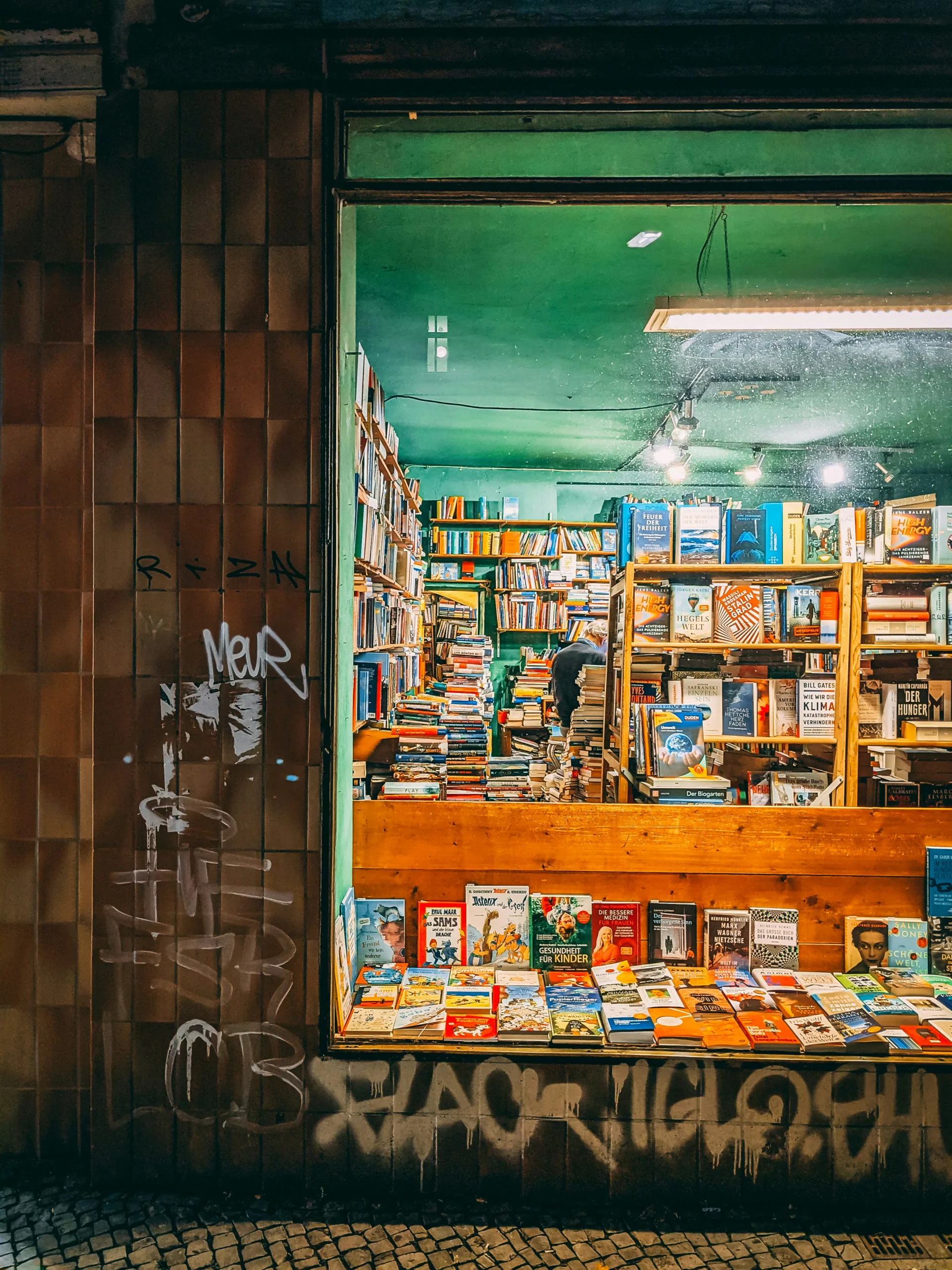
On numerous occasions of late, I have heard anglophone expats declare – with great authoritativeness – that “nothing interesting” is currently happening in German literature. And it is a claim that seems to have highly-placed backers. Recently, in the introduction to a ‘Deutschland’ themed issue, the (Berlin-based) editor of prestigious British lit mag Granta bemoaned the nation’s “literary lassitude” and “lack of literary ambition”; he also claimed German literature had basically no “critical press” – though the UK might not want to throw stones, considering how, for instance, the BBC’s 2024 books preview was titled ‘From RuPaul to Rushdie’ while the Guardian’s was titled ‘From Rushdie to RuPaul’. (Oddly enough, while insisting that German literature was generally shite, his introduction did claim we are in a golden age of German-to-English translation; so who’s writing the books?!)
Such offhand dismissal of an entire diverse, enthusiastic reading culture is remarkable. The Berliner readers will already know that this column is committed to the idea that Germany’s literary world is interesting. But for the unconvinced, one might try reading 54books and Volltext and Katy Derbyshire’s ‘Love German Books’ site, or listening to regional and national books radio, or subscribing to Sinn und Form and Delfi, or following critics like Ulrich Rüdenauer and Wiebke Porombka and Johannes Franzen, or soliciting recommendations from Berlin’s astonishingly well-trained booksellers.
The old saying goes: if you’re bored, then you’re boring
Most infuriatingly, the disdain for Germany’s books scene seems to be coming at a time when most observers in the US and UK agree that anglophone literature could use a little shaking up. And there’s heaps going on here! The local books scene is genuinely multilingual, with writer-translators like Ulrike Draesner, Uljana Wolf and Isabel Fargo Cole producing fascinating work at the interstices of language. Meanwhile, Mithu Sanyal, Jackie Thomae, Senthuran Varatharajah and others have been taking on themes of race and migration in ways both similar and different from the anglo mainstream.
German authors offer original takes on the disputed field of ‘nature writing’, notably the books of Esther Kinsky and Daniela Danz as well as the writing and editorship of Judith Schalansky, whose Naturkunden series at Matthes & Seitz would be the envy of any nation’s literary scene. ‘Post-memorial’ literature has brought fresh air to the treatment of Germany’s 20th-century history, while a wide field of ex-DDR authors – almost entirely unknown in the West – have produced an appealingly thorny oeuvre (see the solidarity and localism of Annett Gröschner or the indie experimentalism of the late Bert Papenfuß). Rediscoveries and reissues continue to expand local bookshelves, with Ruth Rehmann, Brigitte Reimann, Grete Weil and Helen Wolff all recently enjoying a second day in the sun. And so long as contemporary writers like Aras Ören, Jan Faktor, Dilek Güngör, Iris Wolff and Elke Erb have not been majorly published in English, nobody can claim the local well of interest has run dry.
The old saying goes: if you’re bored, then you’re boring. The Granta introduction accused German authors of being “provincial”, partly on the grounds that their work wasn’t making a splash on the US-UK markets – but ultimately that sounds more like an ‘us’ problem than a ‘them’ problem. After all, as Granta‘s trip to “Deutschland” showed, even the superpower—and its emissaries—can be provincial.
